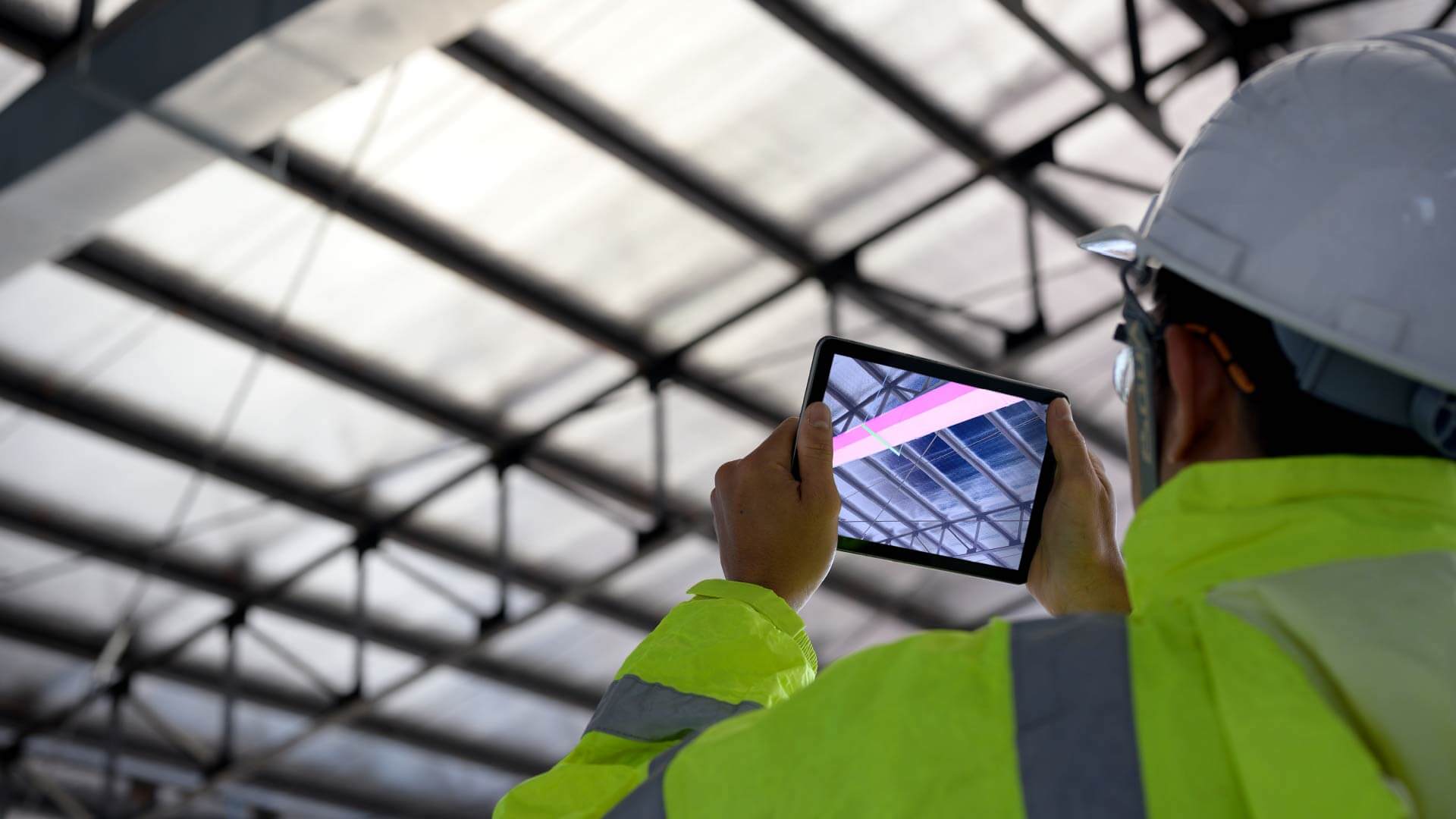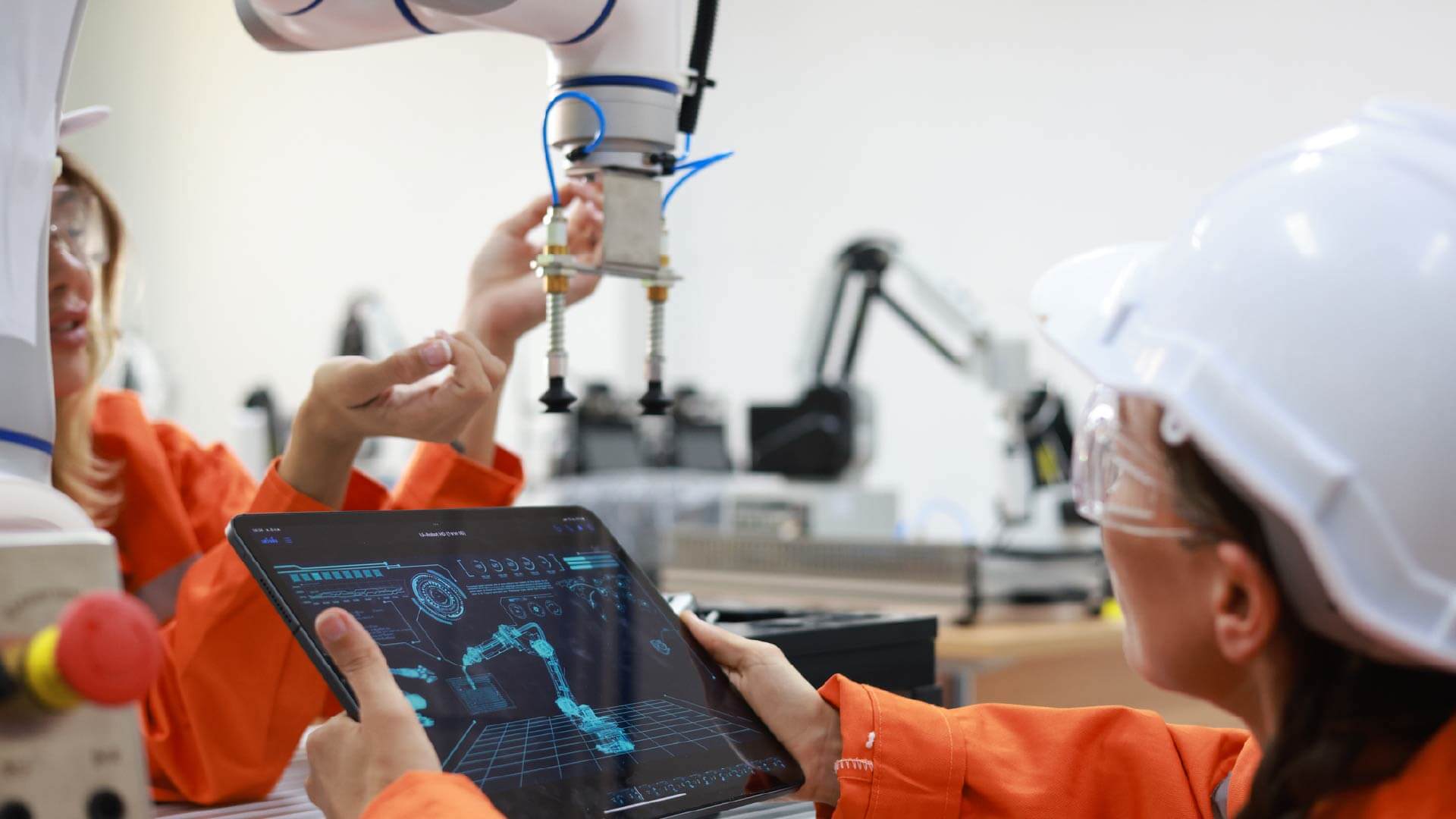Reaching Net Zero Utopia While Keeping The Plates Spinning: Digital Is Key To Mitigating Biden’s Willow Gambit

Hugo Fuller
US President Joe Biden made history with the passing of the Inflation Reduction Act in August 2022. The legislation included an unprecedented $369 billion in pledges for climate and clean energy policies, aiming to build the foundations of a net zero USA by 2050. On balance, the act was received positively domestically, and while its passing was met with some consternation in Europe, many European businesses have since praised the policy. A rare slam dunk in politics?
Fast forward to March 13th 2023, and Biden’s administration approves the $8 billion proposed Willow Project: a new oil and gas development that could produce up to 180,000 barrels a day. This approval surely flies in the face of the professed aim of the Inflation Reduction Act to “increase cleaner [energy] production and reduce carbon emissions”.
When the UK government greenlit the opening of a new coal mine in December 2022, I explored a similar quandary. What part can new fossil-fuel based infrastructure play in a world targeting net zero by 2050? According to the International Energy Agency (IEA), no part at all: new oil and gas fields are out of the question.
The realpolitik is that the US is a net importer (importing about 6.11 million b/d of crude oil and exporting about 2.96 million b/d) and Biden’s government is likely hoping to rebalance import/export ratios with developments like Willow. But political expediency aside, we anticipate that there will be many more new fossil-fuel reliant facilities opened over the next 30 years, in the US and globally.
If we accept that the demands of human consumption require ever-increasing volumes of energy, investment in fossil fuel infrastructure in the short- and medium-term is inevitable. This is especially true of industries such as steel, for which no alternative to fossil fuels exists within current production processes. However, across heavy industry, forward-thinking firms will redress the negative environmental impacts from industrial operations through remediation initiatives. Digital technology is the enabler for many of these initiatives.
Carbon capture storage (CCS) is one solution for this: Flutura provides a digital overview of CCS operations through their Cerebra Digital Twin. Manufacturers are increasingly pursuing a circular approach to production, supported by circular economy digital solutions: Verdantix foresees this market growing at 27% CAGR to reach $1.6 billion in 2027. Asset management software providers are integrating sustainability capabilities within products to boost oversight of sustainability data and KPIs, as seen in EY’s launch of its Sustainable Enterprise Asset Management (SEAM) tool with IBM.
Initially, ConocoPhillips indicated that 50% of carbon emissions from Willow could be captured in reforestation. This was dropped from the final proposal. If Biden, and indeed the US government as a whole, hopes to meet its targets of halving emissions by 2030, it will have to be more ambitious. Innovative digital solutions such as GHG emissions reduction technologies, used in tandem with emerging offerings like CCS, are more credible than dubious reforestation targets.
For more information on digital tools that target climate risk management and emissions reduction, please check out the following reports: Tech Roadmap: Digital GHG Emissions Management Technologies and Best Practices: Energy Transition Strategies For Industrial Facilities.
About The Author

Hugo Fuller
Senior Analyst





